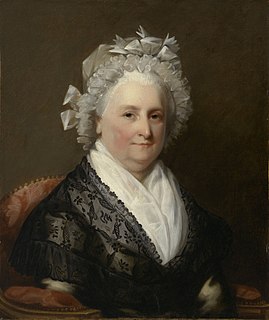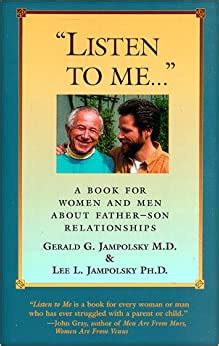A Quote by Marcus Tullius Cicero
Friendship improves happiness and abates misery, by the doubling of our joy and the dividing of our grief.
Related Quotes
The difference between shallow happiness and a deep, sustaining joy is sorrow. Happiness lives where sorrow is not. When sorrow arrives, happiness dies. It can't stand pain. Joy, on the other hand, rises from sorrow and therefore can withstand all grief. Joy, by the grace of God, is the transfiguration of suffering into endurance, and of endurance into character, and of character into hope--and the hope that has become our joy does not (as happiness must for those who depend up on it) disappoint us.
Disease is the misery of our belief, happiness is the health of our wisdom, so that man's happiness or misery depends on himself. Now, as our misery comes from our belief, and not from the thing believed, it is necessary to be on the watch, so as not to be deceived by false guides. Sensation contains no intelligence or belief, but is a mere disturbance of the matter, called agitation, which produces mind, and is ready to receive the seed of error. Ever since man was created, there has been an element called error which has been busy inventing answers for every sensation.
On Christmas morning, our joy or our happiness can be at a very high level, not because of our anticipation of what we might receive but, rather, in anticipation of watching our loved ones open our gifts to them. In fact, if we're not careful, we can fail to register sufficient excitement and joy upon opening the gifts we receive from others. We must remember that they are happiest at that time and to give them top billing, to stretch their happiness to its full length.
Joy is what we are, not what we must get. Joy is the realization that all we want or need in life has been etched into our souls. Joy helps us see not what we are "going through," but what we are "growing to"-a greater sense of understanding, accomplishment, and enlightenment. Joy reveals to us the calm at the end of the storm, the peace that surpasses the momentary happiness of pleasure. If we keep our minds centered on joy, joy becomes a state of mind.
Gratitude is the state of mind of thankfulness. As it is cultivated, we experience an increase in our "sympathetic joy," our happiness at another's happiness. Just as in the cultivation of compassion, we may feel the pain of others, so we may begin to feel their joy as well. And it doesn't stop there.
Another misconception is that if we truly loved someone, we will never finish with our grief, as if continued sorrow is a testimonial to our love. But true love does not need grief to support its truth. Love can last in a healthy and meaningful way, once our grief is dispelled. We can honor our dead more by the quality of our continued living than by our constantly remembering the past.










































